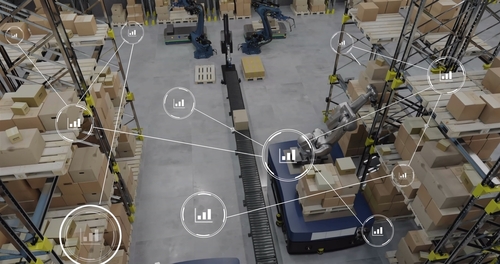
Companies with mature supply chains, ones that use next-generation supply chain technologies, are 23 percent more profitable than their peers, new research from Accenture has found.
The analysis of more than 1,100 companies in 15 countries found that supply chain leaders – the 10 percent of companies with the most mature supply chains – had 23 percent higher margins than their peers between 2019 and 2023, while delivering 15 percent better returns to their shareholders. Mature supply chains were measure by those that have the capability to use generative AI, advanced machine learning and other evolving technologies for autonomous decision-making and continuous improvement.
Leaders, the research found, were six times as likely to use AI and generative AI across their supply chains, which gave them the opportunity to generate additional business value.
“Leaders are investing heavily in increasingly sophisticated technologies—especially AI and generative AI—to build the next generation of supply chain capabilities,” said Max Blanchet, Accenture’s global strategy lead for supply chains and operations. “These capabilities are essential to reinvent supply chains for efficiency, agility, sustainability and resilience. They enable leaders to move beyond traditional supply chain drivers consisting of cost, quality and delivery, which is causing many supply chain vulnerabilities and inefficiencies today and in the future.”
But the research found that only 9 percent of all companies use AI and generative AI across their supply chains. Leaders were more likely to use AI and generative AI than their peers – 37 percent to 6 percent. Leaders are also more likely to see significant benefits, the research found. They are more like to reduce the time it takes to develop and launch new products and 8.5 times as likely to develop eco-friendly products and six times as likely to improve the efficiency of engineering resources.
However, the report found that the average supply chain maturity has jumped by more than 50 percent, and that the average score across companies remains low at 36 percent.
“If we compare supply chain maturity to the evolution of navigation—from following the stars to driving semi-autonomous vehicles—many of us are still running supply chains on a mix of paper maps and first-generation satnavs,” Melissa Twining-Davis, Accenture’s global operations lead for supply chains, said. “The next-generation capabilities that exist, such as generative design to develop products, highly automated facilities to produce them, and advanced analytics and machine learning to predict supply roadblocks, are just at the beginning. The reinvention potential ahead is massive.”